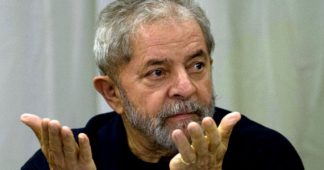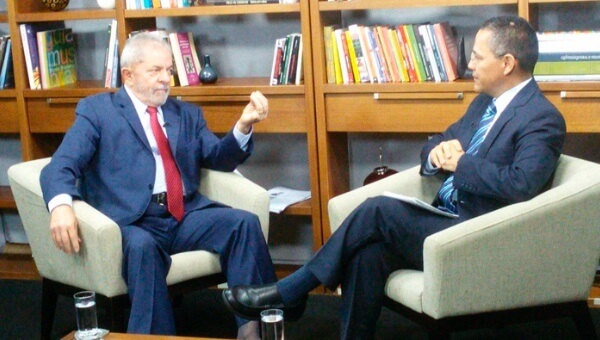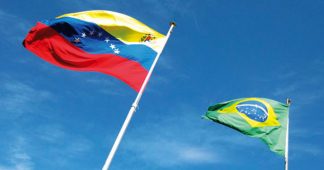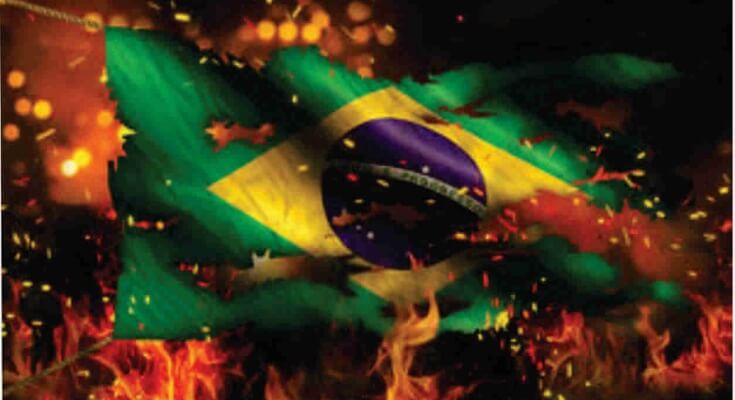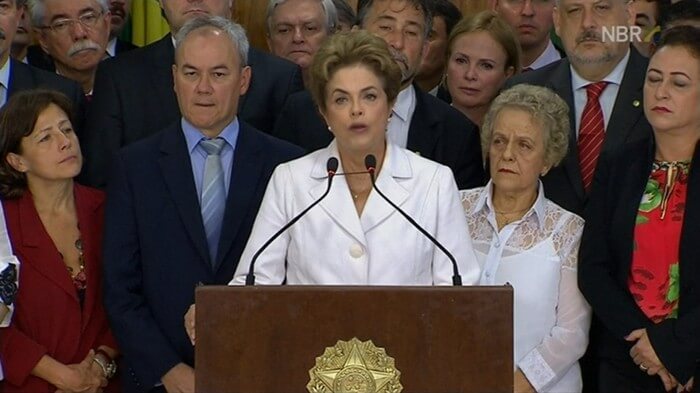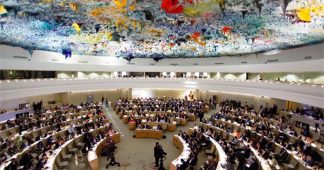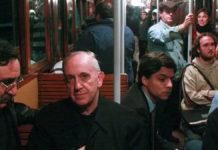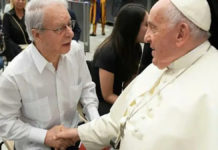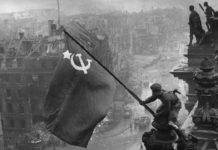Former Brazilian President Dilma Rousseff warned Sunday that Washington’s interference in Venezuela is “extremely dangerous” and could provoke an armed conflict.
By Lucas Koerner
9 October 2017
Former Brazilian President Dilma Rousseff warned Sunday that Washington’s interference in Venezuela is “extremely dangerous” and could provoke an armed conflict.
“Our continent has been living in peace for 140 years. Any attempt to interfere in the legitimate constitutional process in Venezuela, including by forcing a presidential election, is extremely dangerous, as it might lead to a civil war,” she said in an exclusive interview with RT in Moscow.
Rousseff was herself impeached and removed from her elected post last year in what was widely decried as a “parliamentary coup”.
The Brazilian leader likewise took aim at her congress-designated successor, Michel Temer, who has moved to align Brasilia’s foreign policy closely with Washington, leading the regional charge against the government in Caracas.
“The Temer government has an absolutely incorrect attitude with respect to Venezuela and it’s not only the pressure from Trump and (Temer’s) intention to appear submissive, but above all the fact that it accepted joint action with US troops in the Amazon,” she continued, referencing a US-led military exercise set for November, in which the armed forces of 14 countries will participate.
Rousseff denounced the drills, which will involve the creation of a “multinational logistics base” in the Brazilian city of Tabatinga, as part of an “anti-democratic vision to besiege Venezuela”.
Located on the border with Peru and Colombia, Tabatinga is a little over 630 kilometers south of Venezuela.
The ex-president additionally criticized US support for Venezuela’s right-wing opposition, which led four months of violent anti-government mobilizations aimed at toppling the Maduro government earlier this year.
Comparing Venezuelan anti-government forces to the Syrian rebels, Rousseff said the US has “often been mistaken in regard to oppositions”.
“(Washington) says: ‘Those are democracy supporters’. They’ve said it about opposition forces in Syria too. And what has happened with that opposition? Islamic State has emerged, which has nothing to do with democracy.”
Over one hundred people were killed in the unrest, including at least 14 at the hands of Venezuelan state security forces and 31 direct and indirect victims of opposition political violence.
Lastly, Rousseff condemned as an “absurd error” the decision by the right-wing governments of Argentina and Brazil to indefinitely suspend Venezuela from the Common Market of the South (MERCOSUR) on the grounds of a breach of the body’s democratic clause.
She slammed the move as hypocritical, noting that a similar measure was not taken against Brazil following her ouster.
In August, MERCOSUR’s parliament issued a statement backing Venezuelan sovereignty and rejecting US President Donald Trump’s threats of military intervention.
At the time, former Brazilian President Luis Inacio Lula Da Silva similarly hit back at the White House, calling US military threats “inadmissible”.
